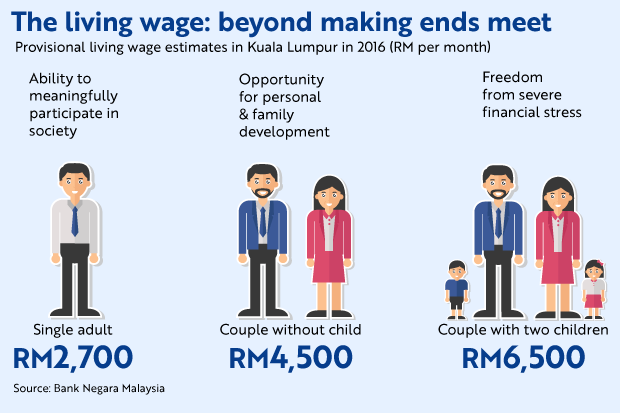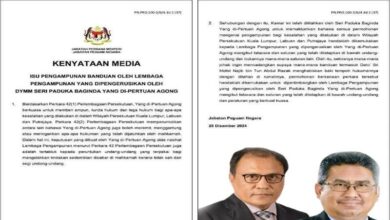Minimum wage, maximum pressure

KUALA LUMPUR : The rise in the minimum wage to RM1,500 is in theory good news for employees. But it is bad news for travellers looking to save by staying in budget and business hotels.
Since the introduction of the new minimum wage in May, the Malaysia Budget and Business Hotel Association (MyBHA) has reviewed its rates, making even budget hotel stays now a more costly affair.
MyBHA hotels have raised their room rates by 20 to 60 per cent.
MyBHA northern region chairman Datuk Noorazly Rosly told the New Straits Times that this was the direct effect of the higher minimum wage.
“Members with five or more employees were left with no option but to hike the rates to comply with the new minimum wage ruling.”
Noorazly said the members had to review the room rates in order to retain their staff.
“The tourism sector is experiencing a manpower shortage. Hence, our members have no other option but to increase rates so that they can afford to raise the minimum pay for employees from RM1,200 to RM1,500.
“If we don’t do that, the staff will leave to work for employers who offer the new minimum pay.”
He admitted that some guests were unhappy with the price hike but said it was inevitable.
“We can’t lower our rates because our profit margin is already slim, unlike five-star and above hotels.
“In fact, luxury hotels are offering heavy discounts to woo guests, but they are still able to maintain their profit margin.”
He said the budget and business hotels were also facing intense competition from Airbnb operators.
“We raised this issue with the government a long time ago, but we have yet to see any clear policies on the matter.
“Some local councils cracked down on Airbnb and unregistered homestay operators, but the actions were not extensive enough to address the issue comprehensively.”
The Kedah Malay Contractors Association (KMCA) has called for an immediate review of the value of government contracts, following the new minimum wage order.
Its chairman, Mohammad Fauzee Mohammad, said KMCA members were under immense pressure as their overheads (cost) had increased.”
The immediate impact, he added, was on the contractors in the G3 to G7 classes because these companies had more than five workers.
“For example, contractors who have 40 workers earning the new minimum wage now have to spend RM16,000 more on the pay hike and other benefits.”
Fauzee said some KMCA members had to reduce the working days of their staff, who were earning above the minimum wage.
“Of course, when some workers get a pay hike due to the minimum wage, other employees would expect a salary revision as well.
“We realise that everyone is impacted by rising inflation but to be honest, the contractors can’t afford that now.
“As such, some contractors have resorted to reducing the number of working days to compensate for the deferment of the pay hike of some employees.”
Kedah Chinese Chamber of Commerce and Industry president Ang Saik Chong urged the government to have a clearer policy on foreign worker recruitment.
“Many of our members are facing a manpower shortage and this has a serious impact on the economic recovery.
“The government should immediately review policies on foreign worker recruitment to simplify the process and cut down on bureaucracy.”
Ang stressed that the government must look into the matter swiftly or risk losing the confidence of foreign investors.
“Since we are in the endemic transition period, manufacturers and contractors badly need workers to revive the economy. Sadly, they are being dragged by the delay in getting foreign workers.
“This is bad for the business community because as it is, we already have to absorb higher costs to obtain raw materials due to supply shortages.
“This is on top of the higher operating costs, which have gone up by about 25 per cent to comply with the minimum wage ruling.”
NST




